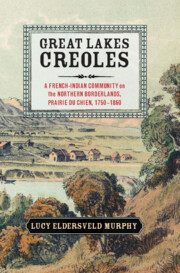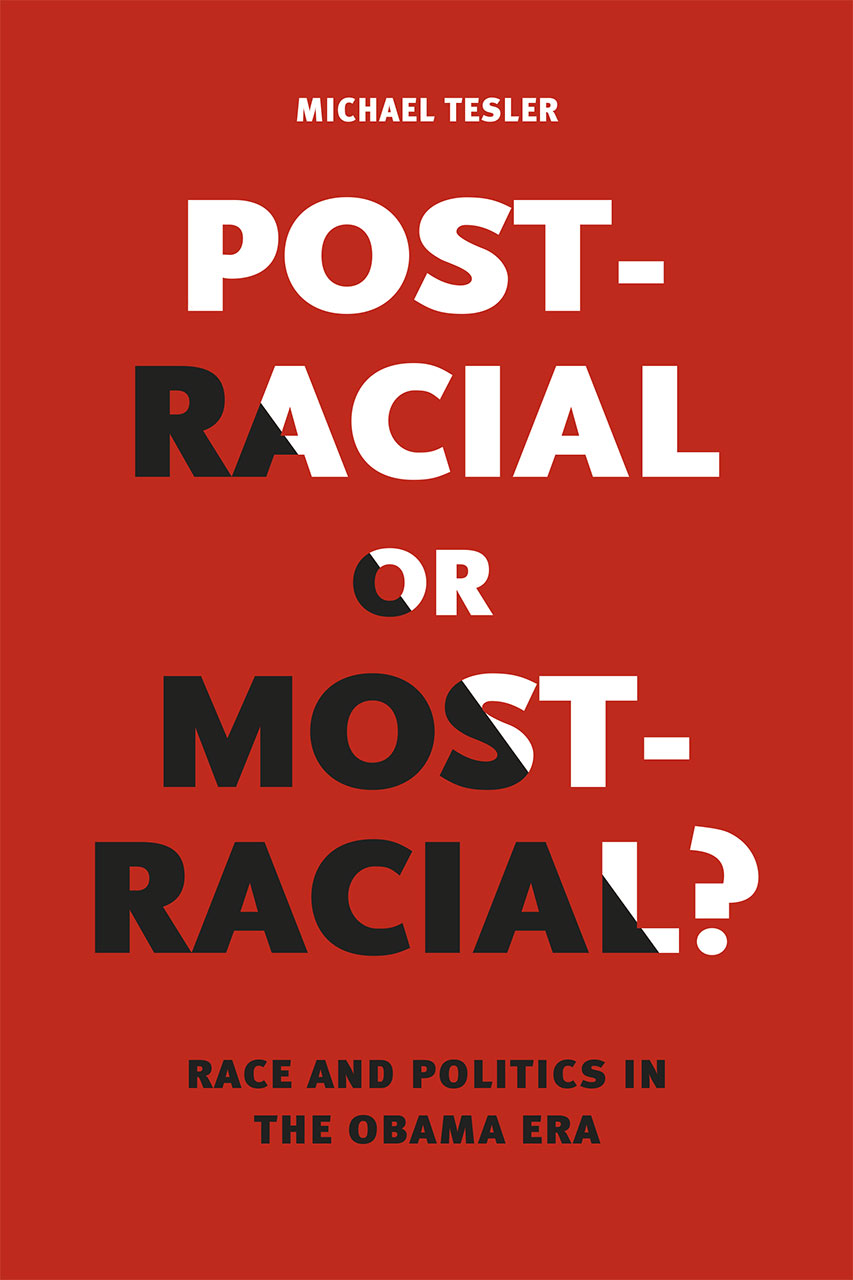Decoding Racial Ideology in GenomicsPosted in Books, Health/Medicine/Genetics, Media Archive, Monographs, Social Science on 2016-06-10 17:08Z by Steven |
Decoding Racial Ideology in Genomics
Lexington Books (an imprint of Rowman & Littlefield)
May 2016
190 pages
Size: 6 x 9
Hardback ISBN: 978-0-7391-4895-2
eBook ISBN: 978-0-7391-4897-6
Johnny E. Williams, Associate Professor of Sociology
Trinity College, Hartford, Connecticut
Foreword by Joseph L. Graves Jr.
Although the human genome exists apart from society, knowledge about it is produced through socially-created language and interactions. As such, genomicists’ thinking is informed by their inability to escape the wake of the ‘race’ concept. This book investigates how racism makes genomics and how genomics makes racism and ‘race,’ and the consequences of these constructions. Specifically, Williams explores how racial ideology works in genomics. The simple assumption that frames the book is that ‘race’ as an ideology justifying a system of oppression is persistently recreated as a practical and familiar way to understand biological reality. This book reveals that genomicists’ preoccupation with ‘race’—regardless of good or ill intent—contributes to its perception as a category of differences that is scientifically rigorous.
- Foreword, Joseph L. Graves, Jr.
- Chapter 1: Genomics’ ‘Race’ Legacy
- Chapter 2: Socialized Interpreters
- Chapter 3: Racialized Culture—Genomic Nexus
- Chapter 4: Racialization via Assertions of Objectivity and Heuristic Practice
- Chapter 5: ‘Bad Science’ Discourse as Covering for Racial Thinking
- Chapter 6: Reorienting Genomics









